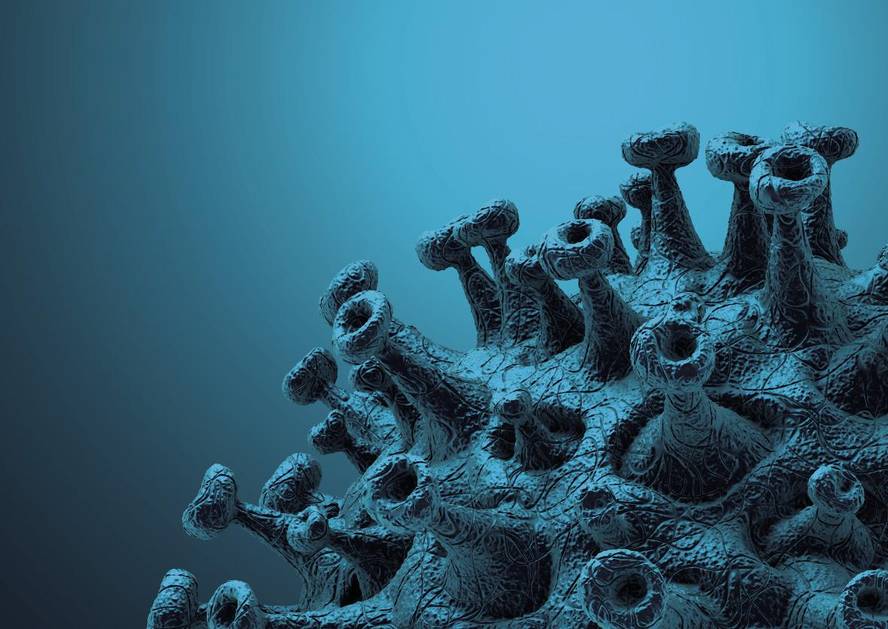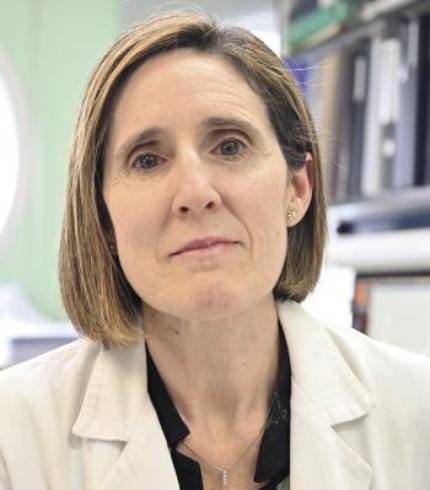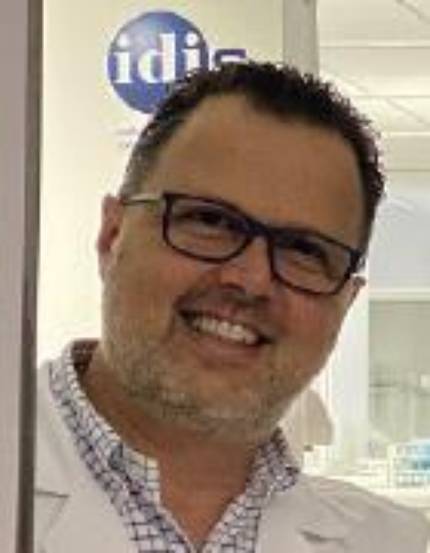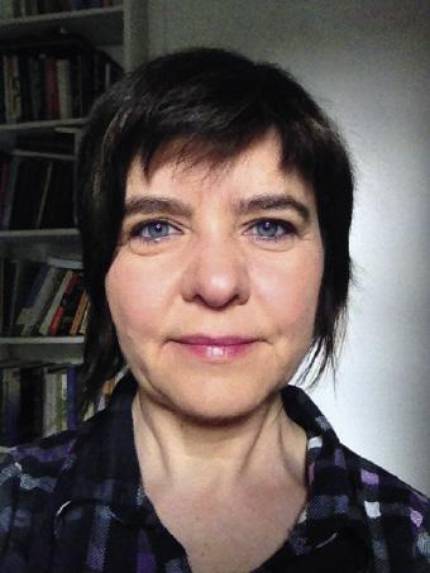Covid-19 vaccine: health sovereignty or social responsibility
When scientists design a vaccine, the first goal is to protect the person who receives it. Do not get sick or, at least, have no serious consequences of the disease. But, indirectly, it can also generate collective protection, and there lies its greatest strength: sufficient vaccination allows protecting vulnerable people who cannot receive the vaccine. It can even interrupt the circulation of the microorganism and eradicate the disease.
In the history of vaccines there are several examples: smallpox caused more than 300 million deaths. In the twentieth century, the vaccine managed to completely eradicate the disease. In the case of COVID-19, this possibility of obtaining group protection with the vaccine is still highly speculative, since they do not know how much the vaccine is effective, how long it will protect it, or who it is aimed at.
The World Health Organization has envisaged two possible scenarios: if the vaccine is difficult to produce, it will have to prioritize the most vulnerable people: older people and chronic lung diseases, heart disease or hypertension. They would also prioritize health personnel, since with them the virus can be introduced in the population. However, if it is easy to produce, it will certainly recommend that the vaccine be from around the world.
Strategy to protect the most vulnerable in the group
We have collected the opinion of three researchers: The virologist Isabel Sola Gurpegui, who is developing a vaccine against covid-19; the pediatrician Federico Martinón-Torres, advisor on vaccines of the World Health Organization; and the philosopher Arantza Etxeberria Agiriano, researcher of the Department of Logic and Philosophy of Science of the UPV.
The virologist Isabel Sola says that between 60% and 70% of the population should be inserted so that a vaccine against covid-19 generates collective protection. Since the virus has a basic reproduction number (R0) 2.5, in a non-immunized society, each infected person would contaminate another 2-3 people. Each of them would contaminate 3 more and so on. It would open exponentially (1, 3, 9, 27, 81, 243…). But by vaccinating 70% of the population, by contaminating a person, 2.1 in 3 would already have immunity and the virus would contaminate a single person at most, we would cut the way. Being R0\1, the pandemic would be controlled.
“Yes as in the US. 50% of the population will refuse to receive the vaccine, we could be back in the same situation that we have suffered, says Sola. It should be taken into account that vaccination is not a personal option, but has a direct impact on society and public health. One can think: 'I do not want to use such measures and I accept the risk of dying'. Yes, but you're conditioning group support. Perhaps that individual decision should be taken with responsibility and ask for isolation.”
“In a situation of public health risk, the law has mechanisms to force vaccination in all countries. When general health is in danger, the vaccine is above the individual right. We have seen it in the past, says the pediatrician Federico Martinón-Torres. But ‘compulsory’ is not the right word. I think the most appropriate thing is that everyone can get vaccinated.”
Risk of periodic alteration of society by epidemics
The climate emergency, the degradation of habitats and the new zoonosis caused by our lifestyle can cause epidemics that alter society periodically. Once and for all, we must reflect on whether we want to address this socio-ecological crisis from the branches, whether we are really willing to rethink our consumption model. In fact, vaccines will not solve anything if they do not go hand in hand with other measures. For the moment, however, isolation and vaccines are our options.
“Each of us should think of our personal attitude towards pandemic viruses that are deadly to humans. They exist and can reappear, like or not –says Sola-. If someone does not want to use the vaccine strategy, what other solution does it pose against viruses with pandemic potential?”
Martinón-Torres is clear that confinement cannot be the solution: “In this confinement there has been stress and depression in the pediatric population. We have to be aware that we are denying the right to children's education, social development and, even more, emotional development. We have to be very clear that we are also changing the model of social relations and life.”
It has left dramatic consequences in many groups: people with addictions and other diseases such as rehabilitation and treatments have been interrupted in many cases; people living in a situation of poverty or solitude have experienced harsh situations and many have died without family contact and solitude.
“The issue of the obligatory nature of vaccines generates a kind of shock between the individual and the community, since only if it is addressed on the collective plane is vaccination successful — the philosopher Arantza Etxeberria has valued. I think we have to take steps to protect the community, but I don't think only epidemiologists, virologists and doctors decide how to do it. The issue should be analyzed from a multidisciplinary perspective. The social sciences can contribute a lot to this type of scientific debates. We can look at them to see what the local people think, what the drawbacks are and if they can work, how to care for the most vulnerable populations by the difficult socioeconomic conditions…”
“In addition, since vaccines are a public health tool, we can analyze what is the most effective way to obtain collective protection. In Japan, for example, in the face of annual flu, to protect older people, for many years they have vaccinated children and not the elderly.”
If coercion is agreed
“If it was considered necessary for everyone to receive the vaccine, one of the options that authorities could take is to establish indirect coercion rules: condition certain services according to the vaccine certification. For example, if you're not vaccinated, you can't go to the hospital, or you can't take it to school without the child's vaccination, says Etxeberria. The indirect always gives you the opportunity to renounce, but from the point of view of sovereignty is very hard.”
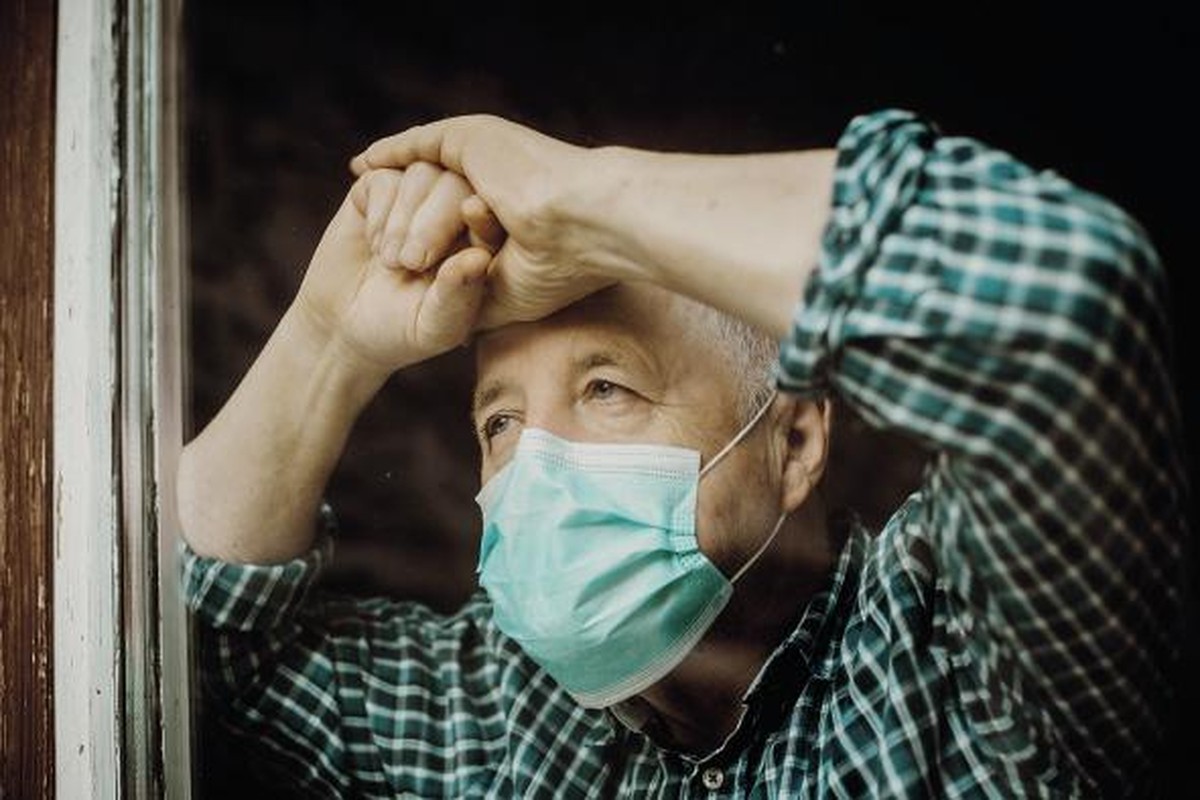
What if some countries and others followed very different criteria with the vaccine? “Well, this would force – says Sun – a strict control of borders. Why have polio or smallpox vaccination campaigns triumphed? Because it has been done massively, because everyone has made a great effort to carry the vaccine to the last corner of the earth. It is the only way to ensure that there is no virus deposit.”
Etxeberria has defended local science: “Universal measures cannot be required without knowing the conditions of each place. To begin with, we should ensure that poor countries also have the opportunity to buy the vaccine, otherwise we would generate worrying biological limitations in the world. For once I would like to develop vaccines without patents. But let’s not deceive ourselves, they will have patents.” WHO, faced with potential difficulties in getting the vaccine, reports that some countries are signing agreements for their own benefit and recalls that the vaccine should be a public good.
Fears in the air
In spite of international conflicts, vaccination generates a suspicion in some citizens: they feel subordinate to the economic objectives of the pharmaceutical industry and the healthcare system, and sometimes they fear the side effects of vaccines.
“I understand that you have doubts. There is a lot of confusing information,” says Martinón Torres. Beate Kampman, director of the London Vaccine Center, and his co-workers, have published in the journal Nature the key that to advance it is essential that doctors and scientists show a sincere attitude to the concerns of citizenship.
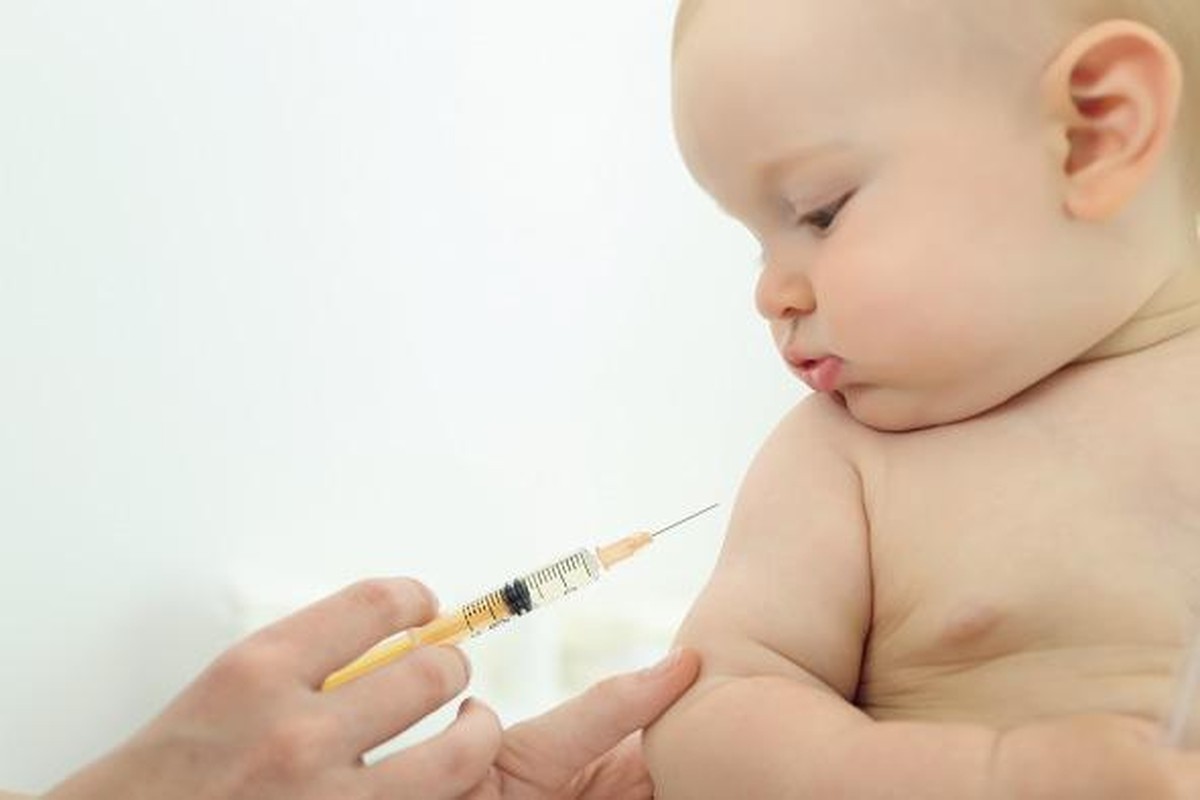
Any vaccine must overcome strict safety tests. First, they have a scientific challenge: to design the vaccine and select the components. Secondly, the medical challenge: prove that it is effective and safe. This is the clinical phase of research, which is done first with animals and then with humans. It must overcome three barriers: in the first phase, ensure the safety tested in a small number of people; in the second phase, the effectiveness of the immune response tested in hundreds of people; and in the third, it is tested in thousands of people exposed to the virus, incorporating the diversity variable of ages, sexes and population groups. Then, if you get the authorization from the drug agency, start producing the vaccine. A real engineering challenge is to create a rapid, economical and in large quantities. Only by overcoming all this begins the fourth phase, the moment of massively incorporating millions of people.
“In 1960 there was a case in the vaccine against the respiratory syncytial virus,” recalls Sola-. When they started with mass vaccination, two teenagers suffered severe side effects and death and withdrew immediately. Vaccines, in principle, do not contain toxic components, toxicity problems that have been evaluated from the beginning in preclinical and clinical trials. But the incorporation of millions and millions of people can lead to the emergence of a problem that had not been detected so far. In fact, the immune response is very complex: the immune system may present some small dysfunction, autoimmune disease, allergy...”.
In one of every million people there are problems, but they can cause fear. “In the field of ethics it is called the “problem of double effect”, says Etxeberria. A rule is established that will benefit the entire population and we know there will be some damage. There may be only one million people, but you may die. The problem is that we cannot know who will be the harmed and not give it to him.”
In the case of COVID-19, there can also be a social concern about the rapid development of vaccines. “The vaccines are being done at a dizzying speed, since the phases that are normally performed sequentially are being carried out now at a time. Without having a marketing license, large-scale vaccines are already being produced. In this way, if it were finally efficient and safe, the day after obtaining the license, they would get millions of doses produced, arranged to distribute —explains Martinón-Torres—. But the risk has not been assumed by the population, since the safety conditions for the commercialization of the vaccine are as demanding as always; the producers have assumed the economic risk. Without knowing everything, it’s normal for people to be afraid.”
“However, sometimes the infoxication itself can generate fear. And we are living a total infoxication with covid-19: we are developing live vaccines, like football matches.”
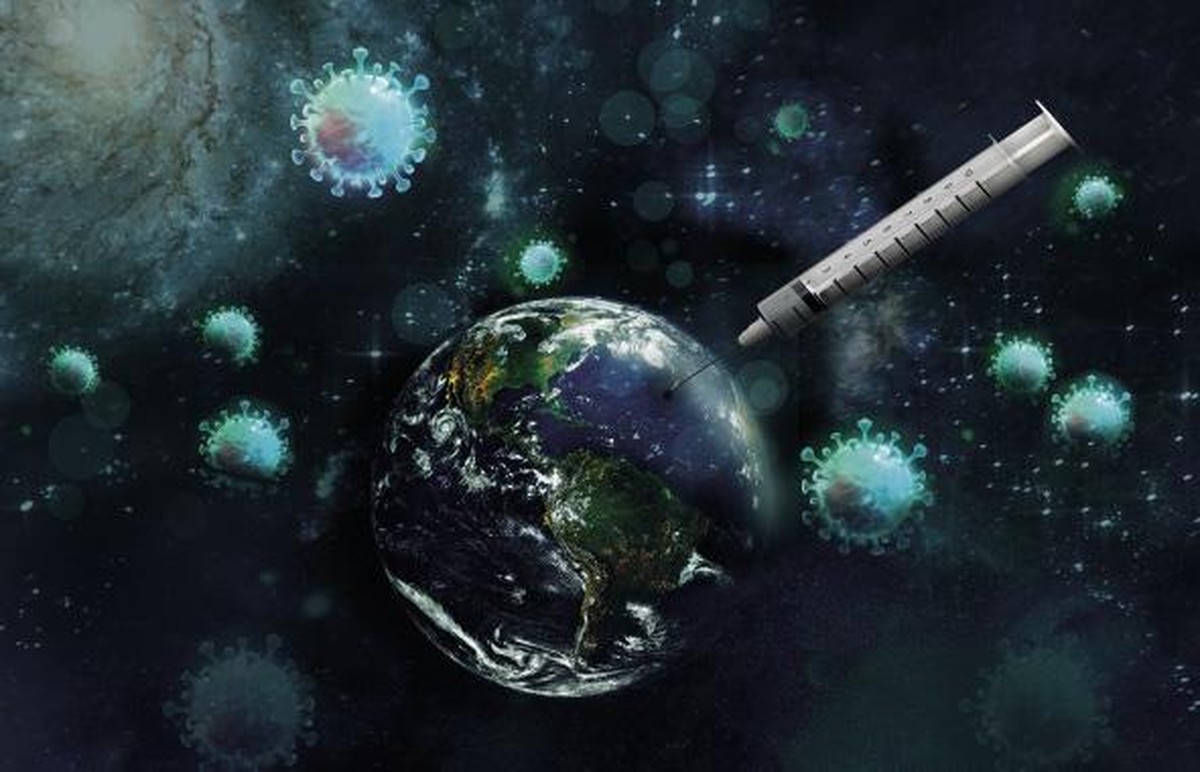
Emergency antibiotics door to door
Martinón-Torres makes it clear that vaccines have been the most important breakthrough in the history of medicine and human health, while water is being purified. For this reason, it has recognized that when a part of society opposes vaccines, it feels an inability. “If we have more serious medical problems, antibiotic resistance is a real threat that can have a big impact. It is estimated that in 2030 we will die from now insignificant infections, since all available antibiotics will stop working if we do nothing. Vaccines are the most effective strategy to control resistance to antibiotics. It is important that we all be aware of it.”
In fact, even when infections are viral, if a person has a weak immune system and begins to bend, in this vulnerability box appear secondary bacterial infections that require antibiotic treatment. For example, those admitted by COVID-19 have been given many antibiotics.
In the hospitals, the problem of resistance to antibiotics is first hand lived. A high percentage of patients admitted to the hospital are responsible for these resistances. “We had to control the use of antibiotics, because people used them meaningless,” Martinón-Torres said with concern. Vaccines and antibiotics are topics that go hand in hand: social responsibility and public health. In short, every time people take an antibiotic without need, they can endanger the effectiveness of the treatment of another who needs to survive. They may soon begin to take drastic measures. Especially because in the very short term it will make us a serious problem. Probably more serious than covid-19.



